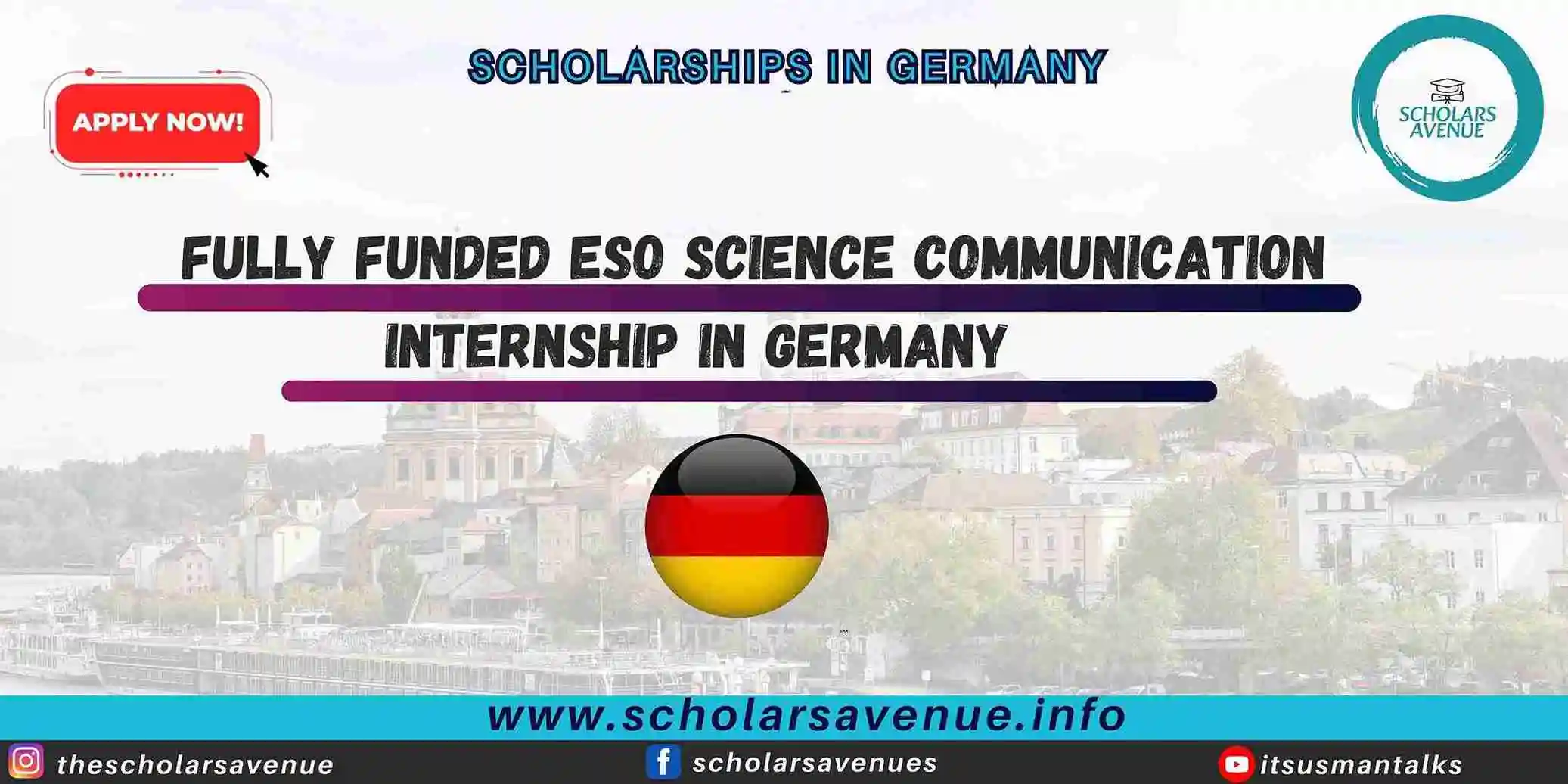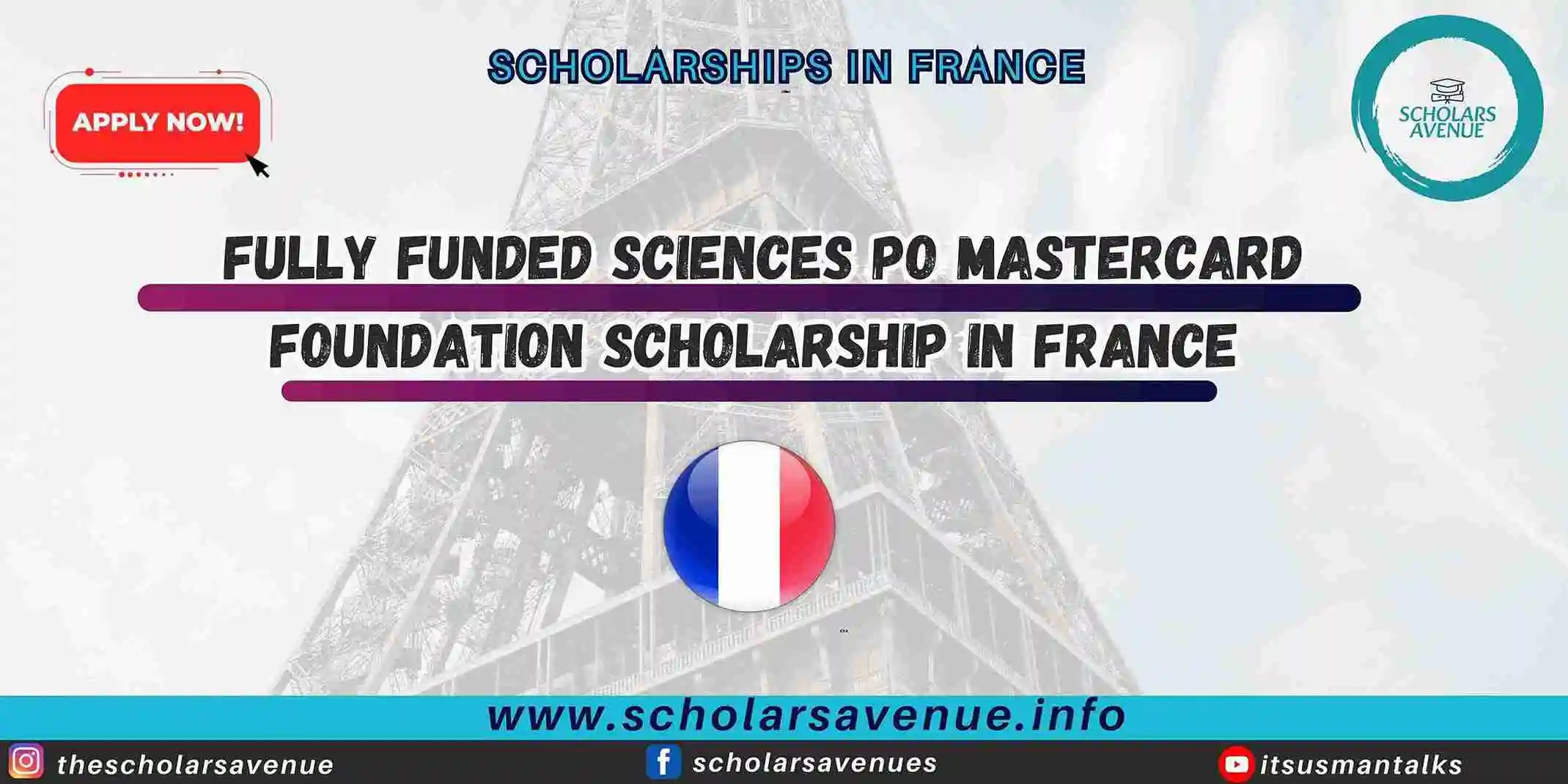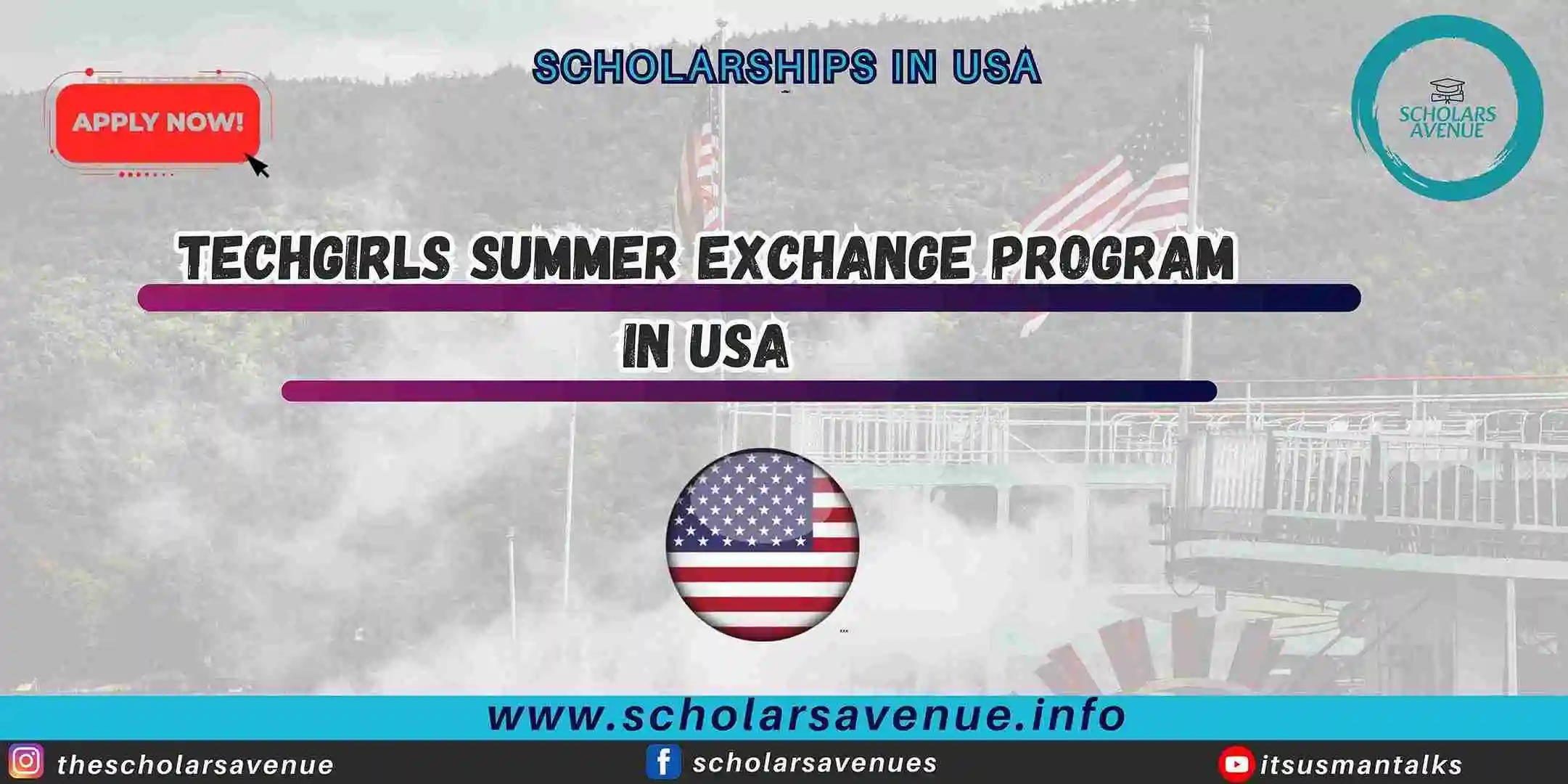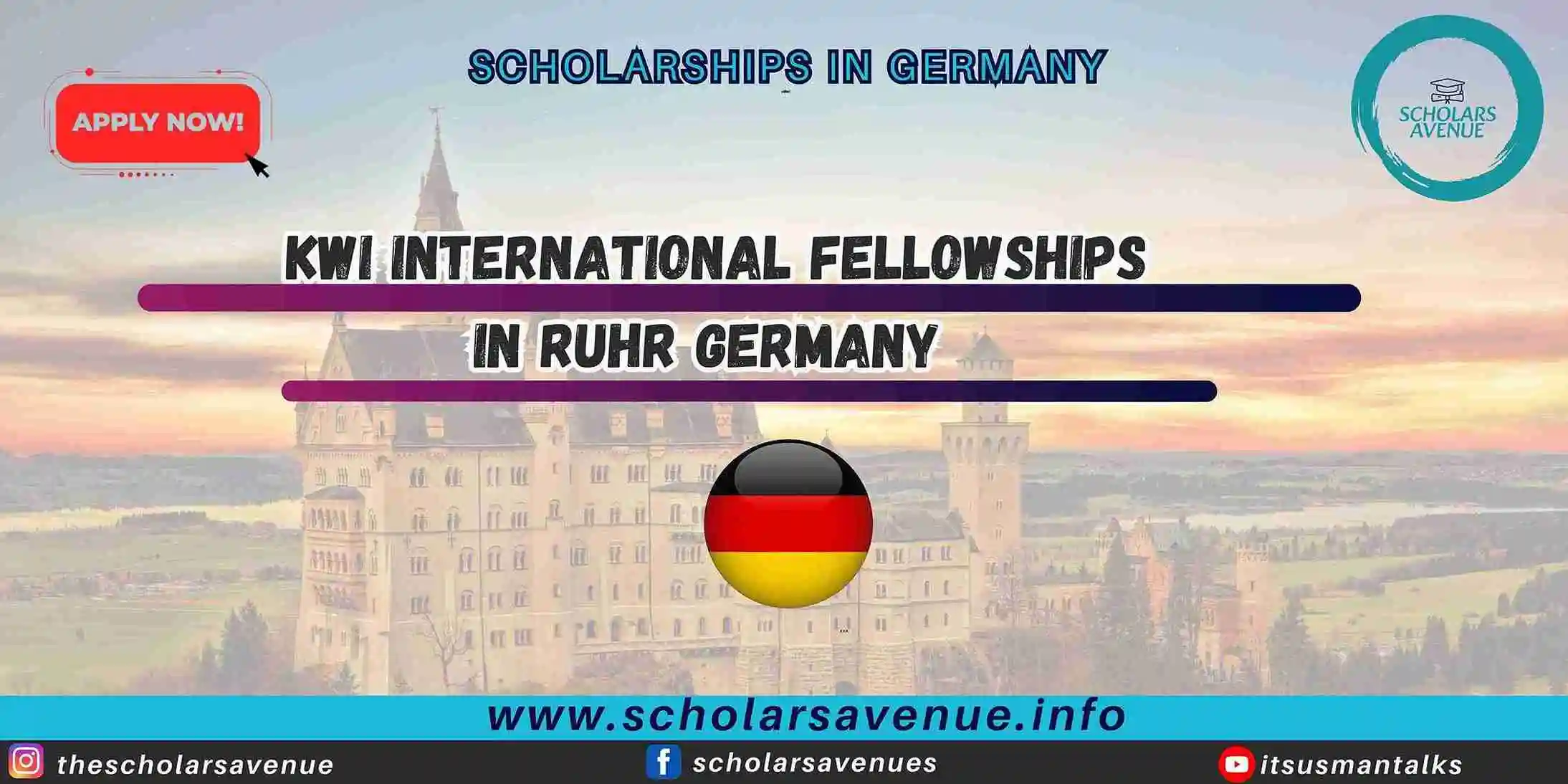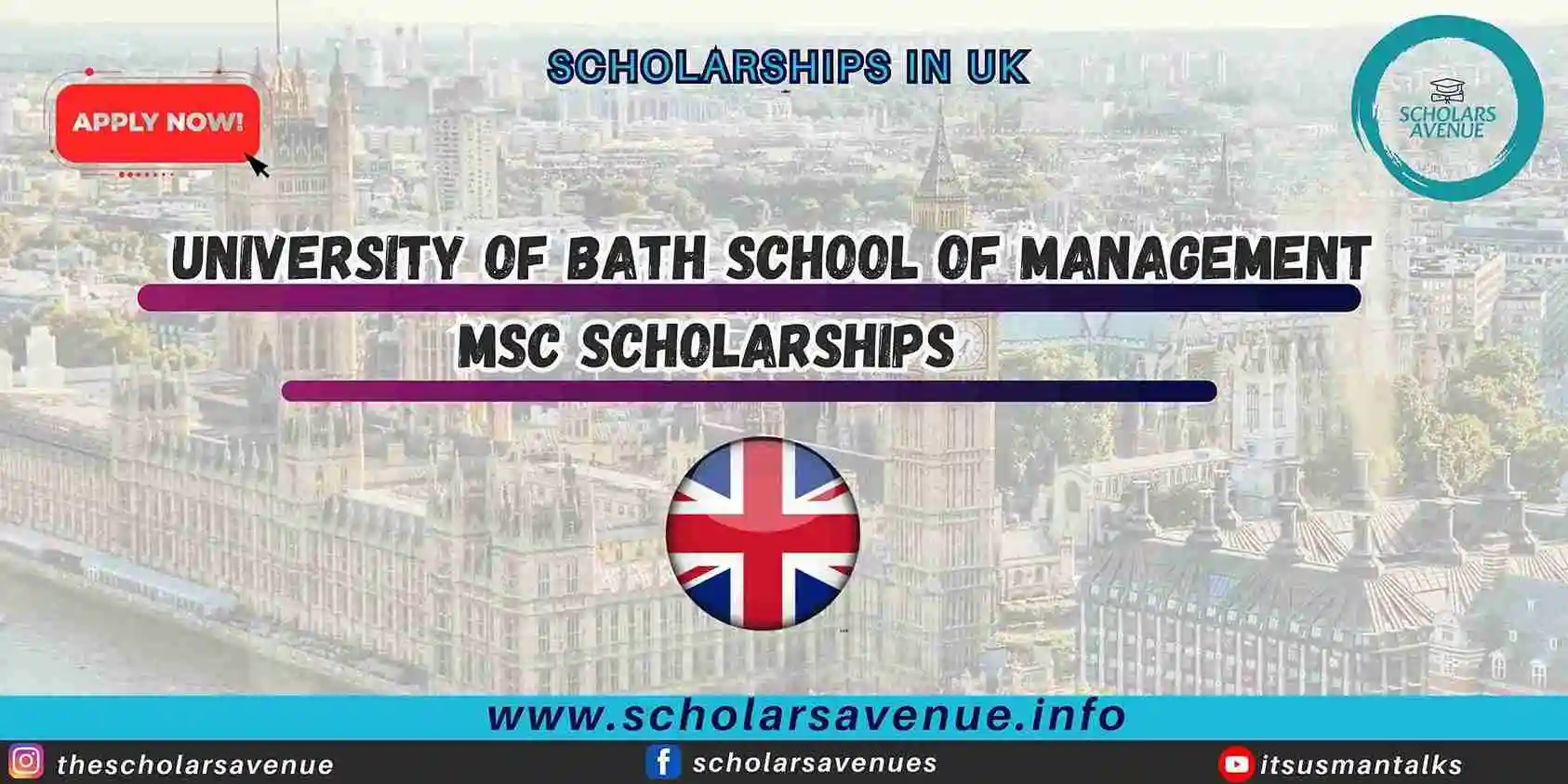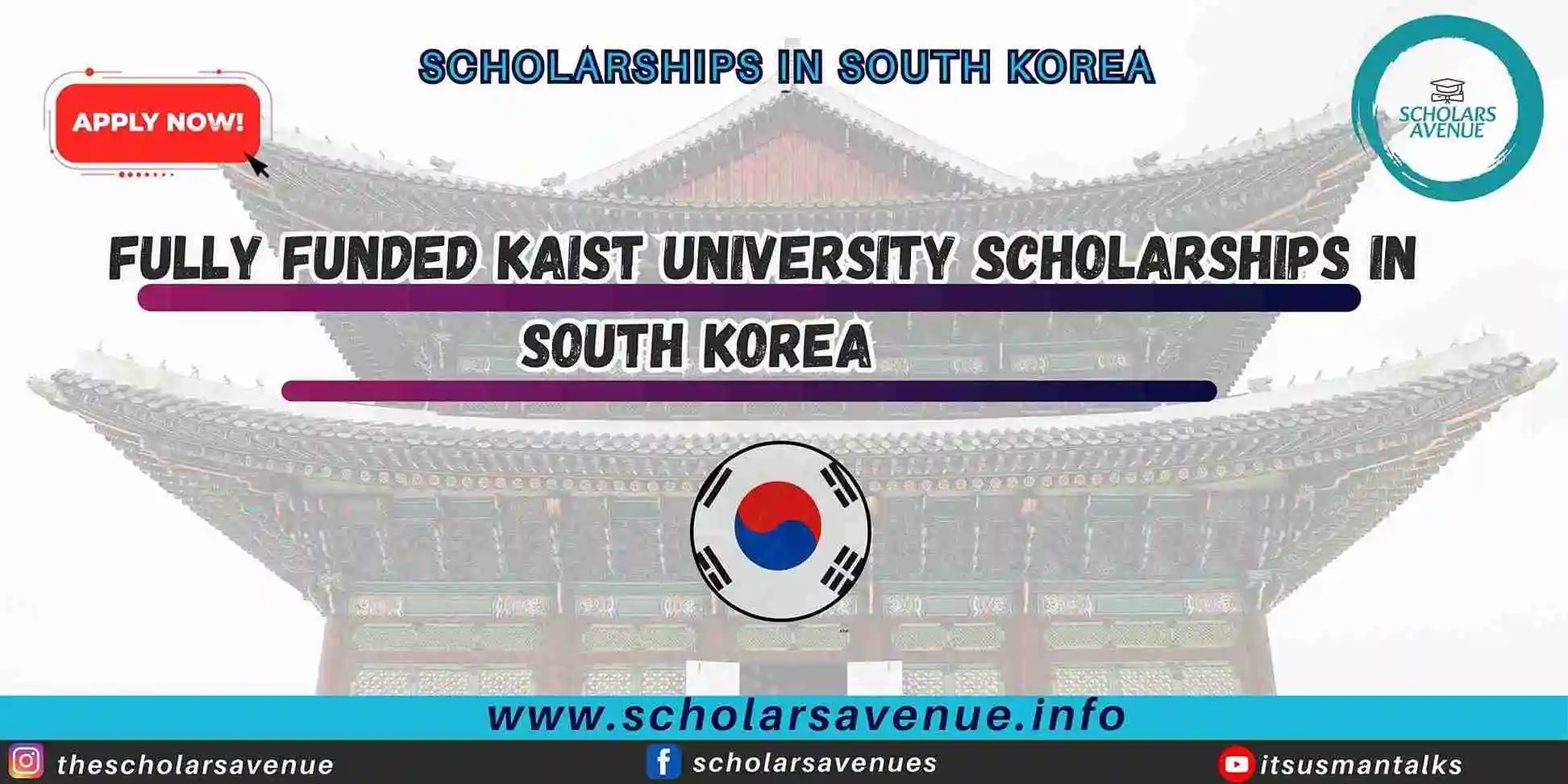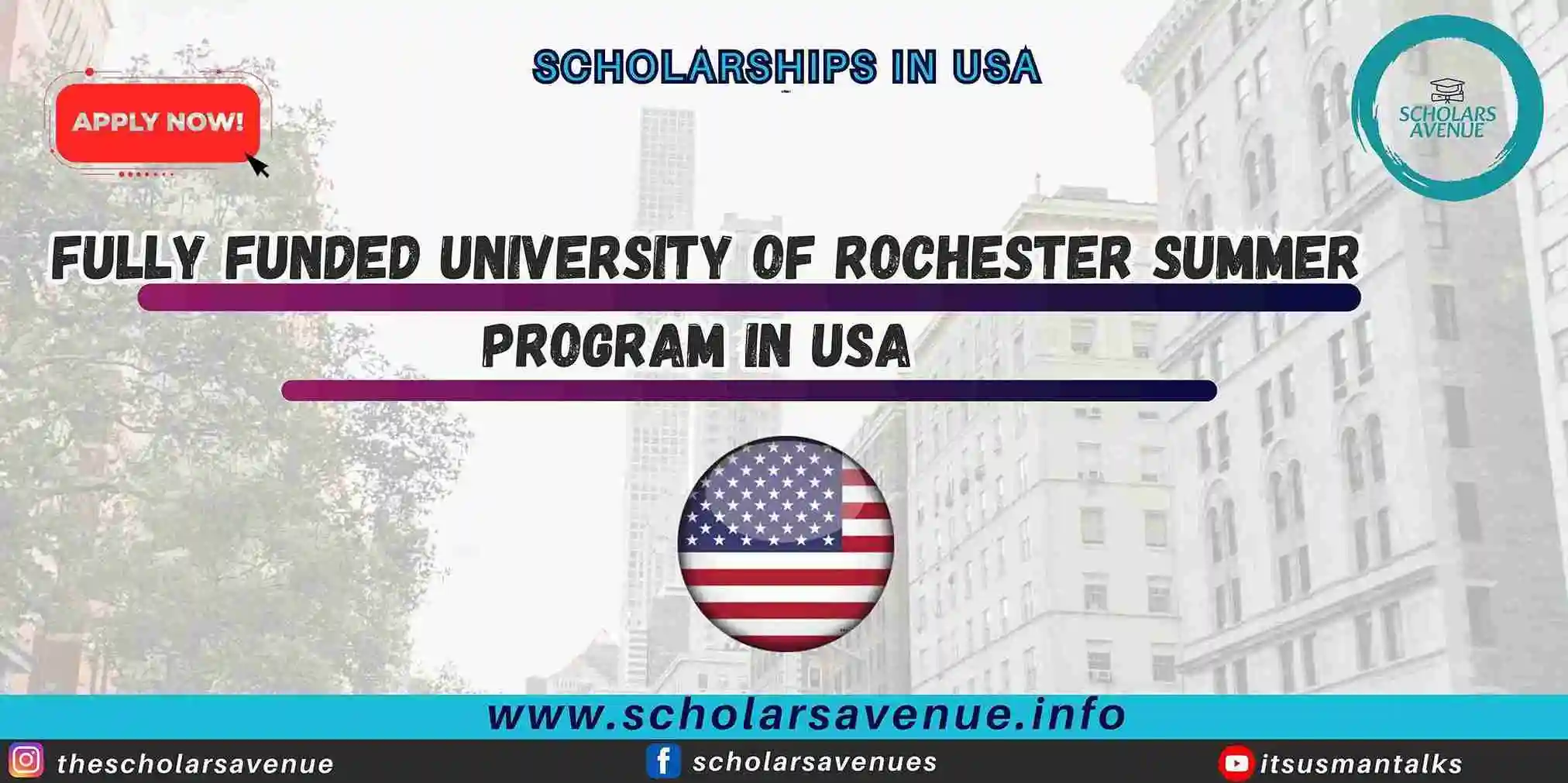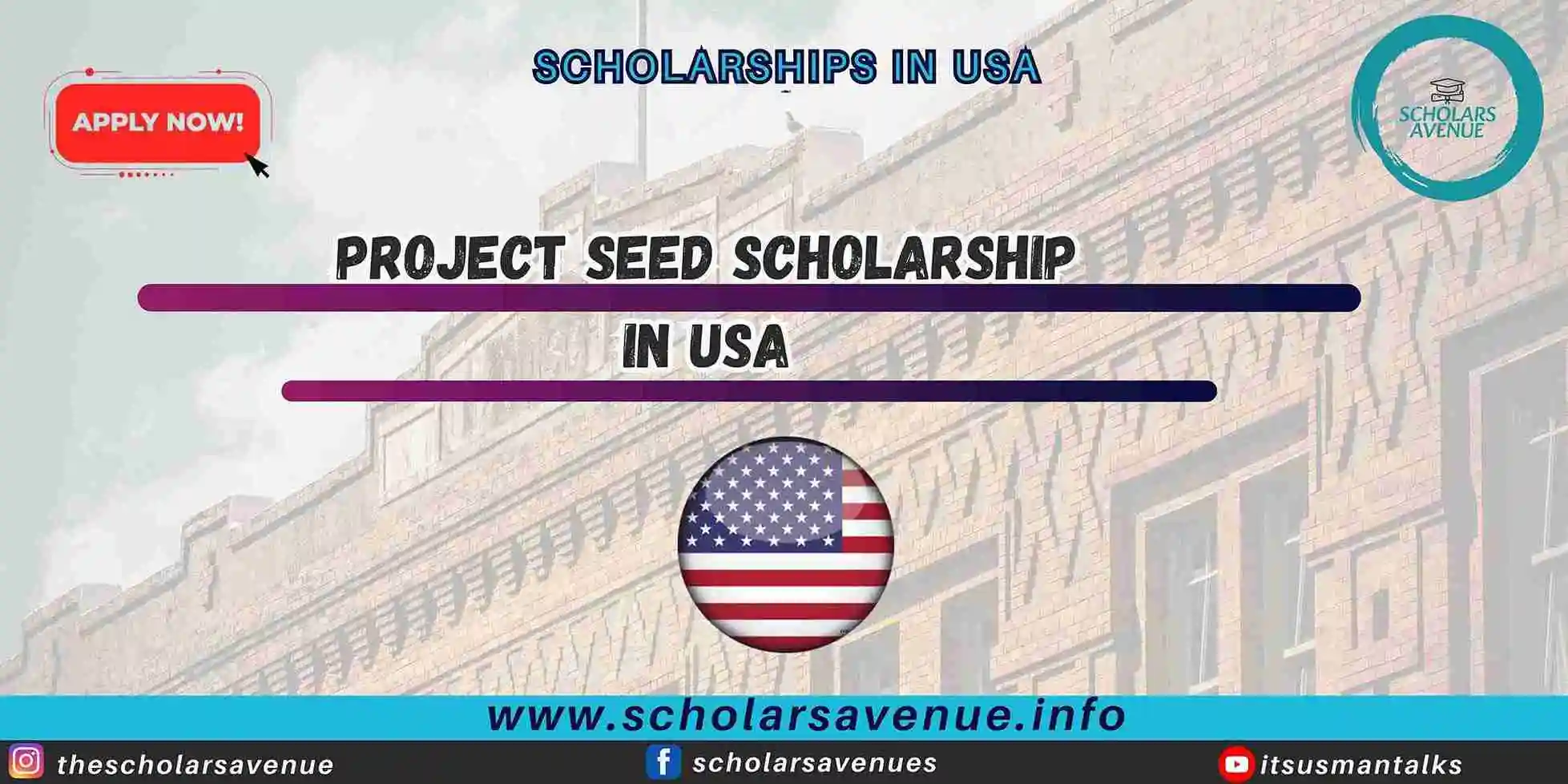For many international students, the journey doesn’t end after graduation but it’s just the beginning. Whether you want to gain work experience, pursue further education, or explore opportunities in your host country, applying for a residence permit after studies is a crucial step. This process allows you to legally extend your stay and transition smoothly into the next phase of life abroad. Understanding the requirements and application procedure ensures you don’t face unnecessary delays or risks.
Applying for a residence permit after studies might feel overwhelming at first, but with the right guidance, it becomes a straightforward process. Every country has specific rules, but most follow a similar framework that focuses on employment, study continuation, or research opportunities. By carefully preparing documents and understanding eligibility, students can successfully secure a residence permit after studies and make the most of post-graduation opportunities. This guide provides everything you need, from requirements to step-by-step application details.
Also check, Where to Find Part-Time Jobs in Germany for Students
Why Apply for a Residence Permit After Studies?
A residence permit after studies is not just a legal necessity; it’s a valuable opportunity. Here’s why you should consider applying:
- Transition into the workforce – Many students want to gain international work experience before returning home.
- Pathway to permanent residence – Staying back after graduation often leads to long-term residency.
- Flexibility for further studies – You can pursue a Master’s, PhD, or research.
- Legal security – Staying with an expired student visa can lead to deportation, but a residence permit ensures safety.
- Cultural and professional exposure – More time in the country means more networking and personal growth.
Eligibility for a Residence Permit After Studies
Although rules differ by country, general eligibility includes:
- Completion of a recognized degree program.
- Holding a valid student residence permit at the time of application.
- Intention to work, continue studies, or do research.
- Proof of sufficient financial means to support yourself.
- Valid health insurance coverage.
Required Documents
To apply for a residence permit after studies, you typically need:
- Valid passport (with sufficient validity).
- Copy of student visa/residence permit.
- Official graduation certificate or university confirmation letter.
- Proof of accommodation (rental agreement or housing confirmation).
- Bank statements or financial guarantee (to show you can support yourself).
- Health insurance documents.
- Job contract, job-seeking statement, or research admission letter.
- Passport-sized photos (as per biometric standards).
- Application form + payment of processing fee.
Step-by-Step Process to Apply for a Residence Permit After Studies
1. Start Early
- Begin preparations 3–4 months before your student visa expires.
- Gather all required documents in advance.
2. Apply Through the Correct Authority
- Immigration office or online portals handle applications.
- Universities often guide students through international offices.
3. Pay the Fees and Submit Biometric Data
- Fees vary but are usually between €50–€300 (depending on country).
- Biometric data includes fingerprints, photos, and digital signatures.
4. Wait for Processing
- Processing can take anywhere from 4 weeks to 6 months.
- Keep a copy of your submission receipt—this serves as proof of legal stay.
Common Mistakes to Avoid
- Applying too late – Never wait until your student permit expires.
- Incomplete documents – Missing paperwork often leads to rejection.
- Ignoring health insurance – Lack of valid coverage may result in denial.
- Not checking employment rules – Some countries have salary or skill-level requirements for work-related permits.
Benefits of a Residence Permit After Studies
Securing this permit gives you more than just permission to stay:
- Legal Stay – Avoid penalties, deportation, or visa bans.
- Career Growth – Build international experience in your field.
- Networking Opportunities – Meet employers, researchers, and professionals.
- Long-Term Stability – Many countries allow graduates to transition into permanent residency after a few years.
- Cultural Experience – Explore the country beyond student life.
Also check, Study in UK for International Students Complete Application Process
Country-Specific Residence Permit After Studies Options
Every country has its own system for granting a residence permit after studies. Below are some of the most popular study destinations and their rules:
Germany
- Permit Type: 18-Month Residence Permit for Job-Seeking
- Eligibility:
- Must have graduated from a German university.
- Hold a valid student residence permit at the time of application.
- Duration: Up to 18 months to find a job related to your degree.
- Benefits:
- Can work any job (part-time or full-time) during the job-seeking period.
- Once you find a job in your field, you can switch to an EU Blue Card or work permit.
Netherlands
- Permit Type: Orientation Year Permit (Zoekjaar)
- Eligibility:
- Graduated from a Dutch higher education institution.
- Must apply within 3 years of graduation.
- Duration: 1 year to search for work or start a business.
- Benefits:
- Allows unlimited work without restrictions.
- You can apply for a Highly Skilled Migrant permit if you find a qualifying job.
Canada
- Permit Type: Post-Graduation Work Permit (PGWP)
- Eligibility:
- Completed a program of at least 8 months at a designated learning institution.
- Must apply within 180 days of getting final transcripts/degree.
- Duration: Between 8 months to 3 years, depending on study program length.
- Benefits:
- Open work permit—no restrictions on type of job.
- Often used as a pathway to permanent residence (via Express Entry or Provincial Nominee Program).
- Important Tip: The longer your study program, the longer your PGWP validity. A 2-year program usually gives a 3-year PGWP.
United Kingdom (UK)
- Permit Type: Graduate Route Visa
- Eligibility:
- Successfully completed a degree from a UK-recognized institution.
- Hold a valid Tier 4 or Student visa at the time of application.
- Duration:
- 2 years for Bachelor’s or Master’s graduates.
- 3 years for PhD graduates.
- Benefits:
- Work in any sector without sponsorship.
- Opportunity to switch to a Skilled Worker visa later.
Australia
- Permit Type: Temporary Graduate Visa (Subclass 485)
- Eligibility:
- Completed at least 2 years of study in Australia.
- Must meet English language requirements and health checks.
- Duration: 2–4 years depending on degree level (longer for Master’s by Research and PhD).
- Benefits:
- Full work rights during the visa validity.
- Often considered a stepping stone toward permanent residency.
United States (USA)
- Permit Type: Optional Practical Training (OPT) / STEM OPT Extension
- Eligibility:
- F-1 visa students who have completed their degree.
- Apply up to 90 days before completing studies or within 60 days after.
- Duration:
- Standard OPT: 12 months.
- STEM Graduates: 24-month extension (total 36 months).
- Benefits:
- Work directly in your field of study.
- Opportunity to transition to H-1B work visa or employer-sponsored green card.
France
- Permit Type: Temporary Residence Permit for Job-Seeking or Business Creation
- Eligibility:
- Non-EU students who have completed a Master’s or higher in France.
- Duration: Up to 12 months, renewable once.
- Benefits:
- Permission to work while seeking full-time employment.
- Can switch to a “Talent Passport” residence permit once employed.
- Important Tip: You must prove you can financially support yourself during the job-seeking period.
Sweden
- Permit Type: Residence Permit to Look for Work After Studies
- Eligibility:
- Completed studies in Sweden at a recognized institution.
- Must apply before your student permit expires.
- Duration: 6–12 months for job-seeking or business creation.
- Benefits:
- Freedom to search for work or start your own business.
- Can switch to a work permit after securing employment.
- Important Tip: Proof of financial support is essential.
Finland
- Permit Type: Residence Permit for Job-Seeking
- Eligibility:
- Graduates of Finnish universities.
- Duration: 2 years (one of the longest in Europe).
- Benefits:
- Freedom to work in any job during the job-seeking period.
- Clear pathway to permanent residence after securing employment.
Practical Tips for Students
- Keep multiple copies of your documents.
- Stay in touch with your university’s international office.
- Maintain financial stability as it’s often checked.
- Learn about local labor laws if you plan to work.
- Start networking early with employers and research institutions.
Also check, Top Scholarships in South Korea for International Students
Applying for a Residence Permit is one of the most important steps for international graduates who want to build a future in their host country. With careful planning, proper documentation, and timely submission, you can extend your stay legally and open doors to career opportunities, research, or even permanent residency. Think of it as the bridge between your academic success and your next big achievement.
Looking to maximize your chances of acceptance?
Consider using our Professional Services to polish your application and stand out from the crowd.
For detailed videos on relevant opportunities check out:
Frequently Asked Questions (FAQs)
What is a residence permit after studies
A residence permit after studiess is a legal document that allows international graduates to stay in their host country after completing their degree, usually for work, research, or further studies.
Who is eligible for a residence permit after studies?
Students who have successfully completed a recognized degree program and still hold a valid student visa are generally eligible for a Residence Permit After Studies.
How long does a residence permit last?
The duration varies by country. For example, Germany offers 18 months, the Netherlands offers 1 year, Canada allows up to 3 years, and the UK provides 2–3 years under the Graduate Route.
Do I need a job offer to apply for a residence permit after studies?
Not always. Some countries, like Germany and the Netherlands, grant a residence permit after studies specifically for job-seeking. Others, like Canada, issue open work permits.
Can I switch from a residence permit after studies to a work permit?
Yes. Once you find suitable employment, you can usually transition from a residence permit after studies to a work visa, such as the EU Blue Card, Skilled Worker visa, or equivalent.
Is health insurance required for a residence permit after studies?
Yes. Most countries require valid health insurance coverage when applying for a residence permit, and lack of it may result in rejection.
What happens if my residence permit after studies is rejected?
If your application for a residence permit after studiess is denied, you may appeal the decision or reapply with corrected documents. In some cases, leaving the country and reapplying may be necessary.
How much does it cost to apply for a residence permit after studies?
The fee depends on the country, typically ranging from €50 to €300. For example, Germany charges around €100, while Canada’s PGWP fee is CAD 255.


